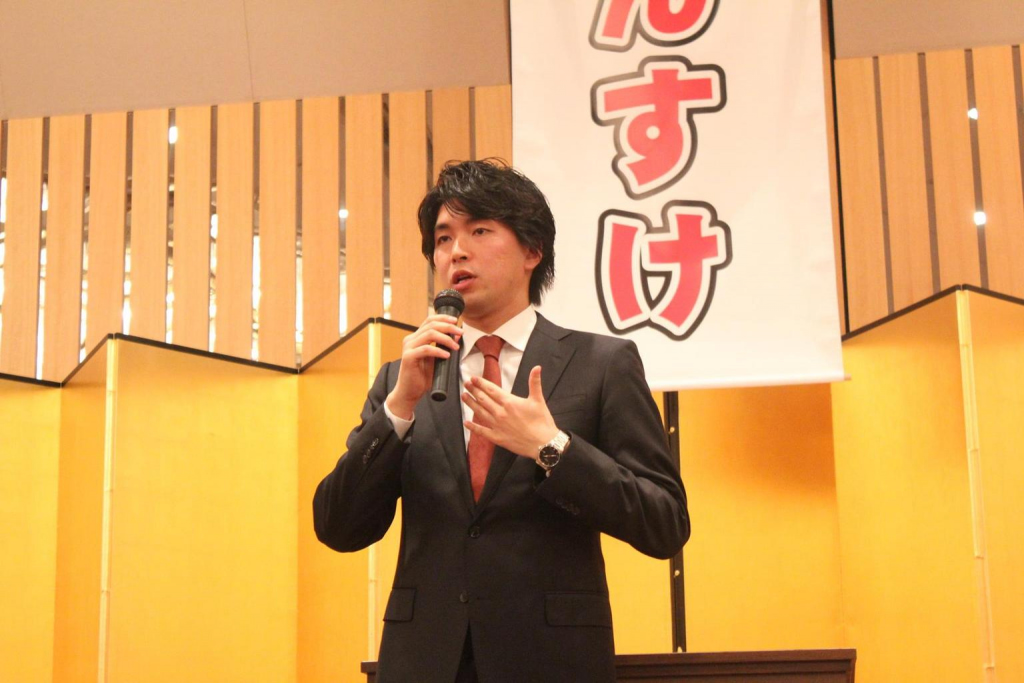For the next four weeks Kensuke Miyazaki will become Japan’s most prominent stay-at-home Dad. But he’s not doing for his family or himself. He’s doing it for the betterment of his society.
“I thought by declaring that I want to take paternity leave as a lawmaker, I could set an example,” the 34-year-old member of Japanese parliament said to the BBC of his decision, which is unprecedented amongst his fellow elected officials.
Of course, the reluctance to take such a break is by no means limited to politicians in Japan. A recent Quartz article explains that, despite having “one of the world’s most liberal sets of parental leave laws” that includes 52 weeks off and a retention of 60 percent of their salary, few Japanese people take advantage of that generous hiatus. The article goes on to say that this is especially true of Japanese men, only two percent of whom took such leaves, despite living in the only OECD country that “lets new fathers take that much time off, at that level of compensation.”
So why are Japanese Dads not enticed by such a seemingly tempting entitlement? Tetsuya Ando, who founded a non-profit a decade ago called “Fathering Japan,” which helps overworked fathers find more time for their families, told Reuters that: “If a male worker announces that he is going to take paternity leave, people around him start to doubt his suitability for the job. There’s a chance that they’ll start thinking that he’s planning to quit.”
Reuters published those comments from Ando in 2010, just before the generous paternity measures in the Child-care and Family-care Leave Law. And while the number of dads opting into that policy has doubled in the ensuing five years – that total amounts to only one percent of Japanese fathers at the time – that rate of change will have to increase significantly in order to catch up with other developed countries like Sweden. That Scandinavian nation’s fathers sit at the opposite end of the spectrum, with nearly 90 percent of them taking paternity leave.
–Kyle Mullin
Image: Facebook









